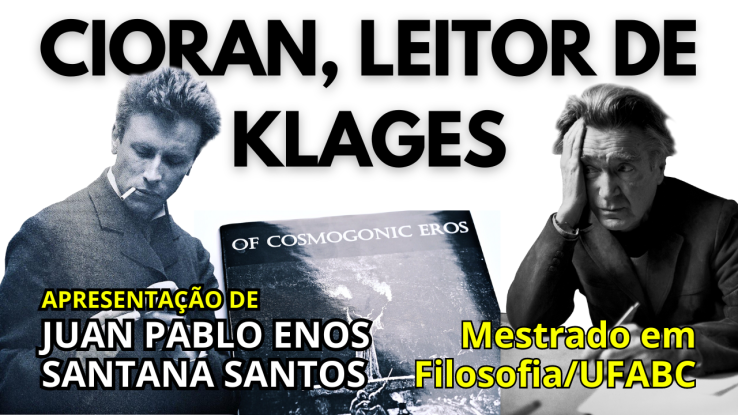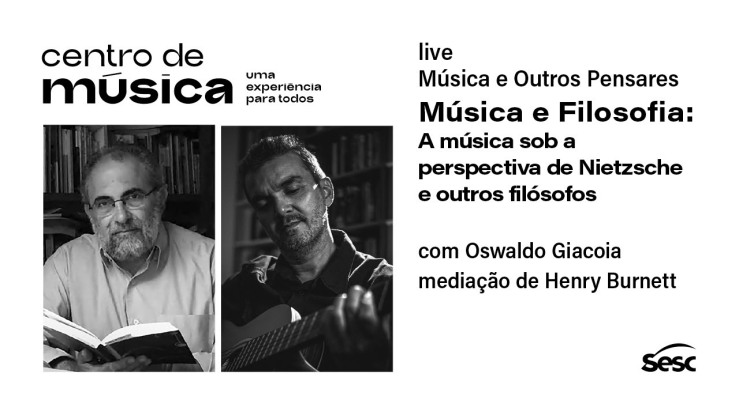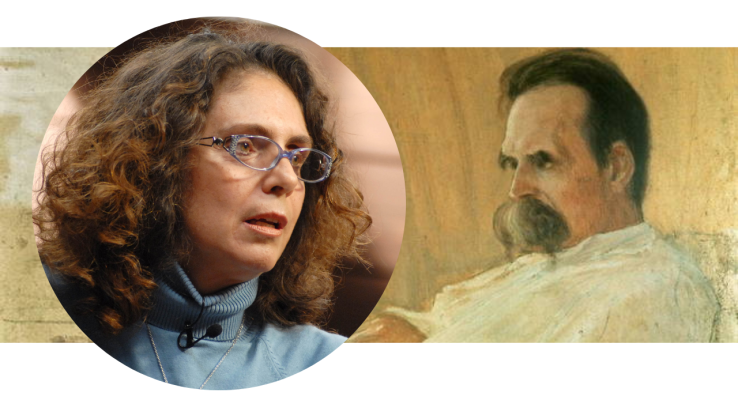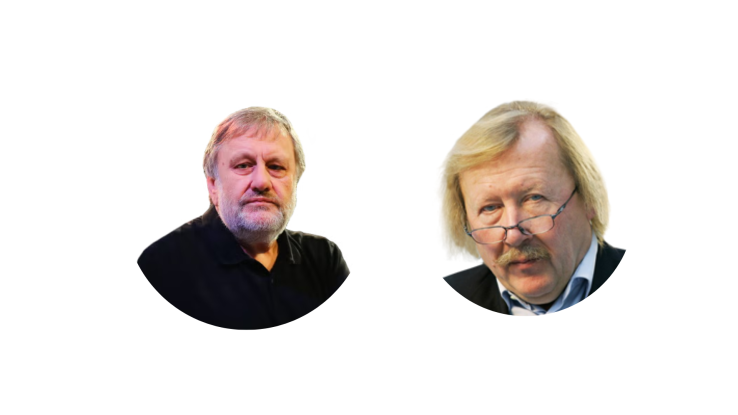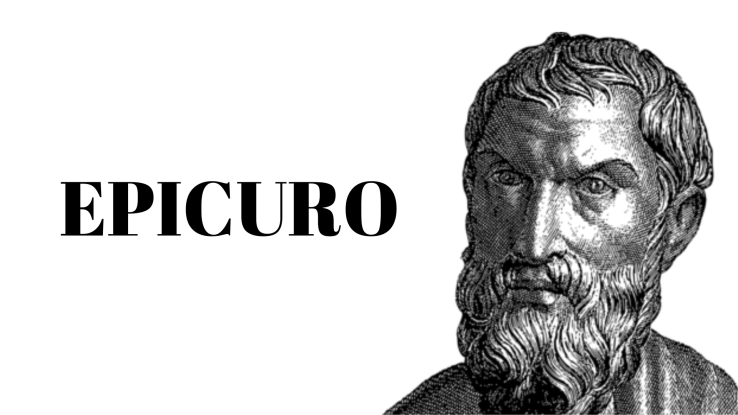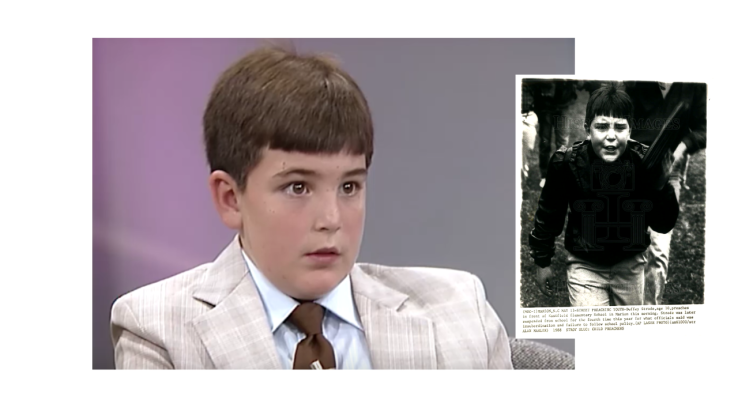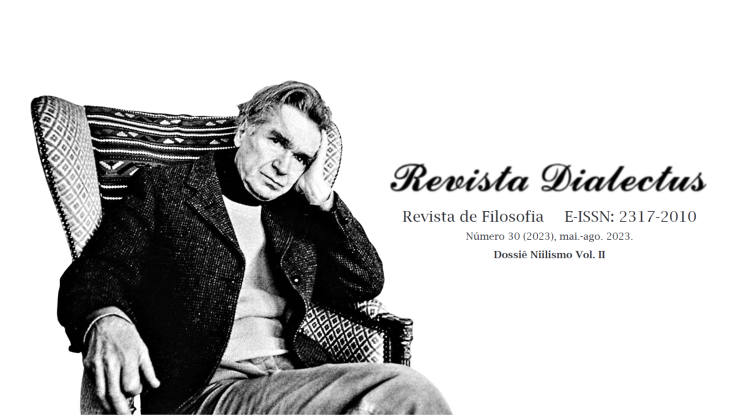Cadernos Nietzsche (31), 2012, Dossê “Leituras Holandesas de Nietzsche” [PDF]
Resumo: Com frequência, acredita-se ser Nietzsche uma das fontes de inspiração do uso nazista da palavra ‘Entartung’, que é notória, entre outros, por causa do conceito nazista de ‘Entartete Kunst’. Neste ensaio, defende-se que o uso nietzschiano da palavra era bastante diversificado e ambíguo, e inapropriado à utilização nazista. Antes de mais nada, Nietzsche não limita seu uso de ‘degeneração’ ao domínio fisiológico ou a grupos específicos de pessoas. Isso é ilustrado pelos ‘textos sobre degeneração’ acerca dos judeus, ciganos e pessoas deficientes (três grupos que os nazistas acreditavam ser ‘entartet’). Além disso, o exemplo da degeneração das mulheres mostra como Nietzsche muitas vezes usou a palavra de modos retóricos e paródicos. Ele utilizou deliberadamente as crenças e preconceitos do seu tempo (nesse caso, as crenças sobre as mulheres), a fim de chamar a atenção para ameaças mais fundamentais, mas não observadas, à cultura e ao florescimento humano.
Palavras-chave: Entartung (degeneração); Dekadenz (decadência); Nationalsozialismus (national-socialismo); Rassismus (racismo); Frauen (mulheres); Kunst (arte)
Abstract: Nietzsche is often believed to be one of the sources of inspiration of the Nazi use of the word ‘Entartung’, which is notorious amongst others because of the Nazi concept of ‘Entartete Kunst’. In this essay it is defended that Nietzsche’s use of the word was quite diverse and ambiguous, and does not fit to Nazi use. First of all Nietzsche did not limit his use of ‘degeneration’ to the physiological domain or to specific groups of people. This is illustrated by ‘degeneration- texts’ on Jews, Roma and handicapped people (three groups that were believed to be ‘entartet’ by the Nazi’s). Moreover, by the example of the degeneration of women it is shown, how Nietzsche used the word often in rhetorical and parodical ways. He deliberately used the beliefs and prejudices of his time (in this case, beliefs on women) in order to put attention to more fundamental, but unobserved, threats to culture and human flourishing.
Keywords: Entartung (degeneration); Dekadenz (decadence); Nationalsozialismus (National Socialism); Rassismus (racism); Frauen (women); Kunst (art)
Bibliografia:
- ASCHHEIM, S.E. Max Nordau, Friedrich Nietzsche et ,,dégénérescence”. In: DELPHINE, B. (org.), Max Nordau Paris: Les Éditions du Cerf, 1996.
- GALTON, F. Inquiries into Human Faculty and its Development. Londres: Macmillan, 1883.
- GERLACH, H.-M. Politik (Faschismus, National-sozialismus, Sozialdemokratie, Marxismus). In: OTTMANN, H. (ed.). Nietzsche Handbuch. Leben – Werk – Wirkung. Stuttgart: Verlag J. B. Metzler, 2000.
- GILMAN, R. Decadence. The Strange Life of an Epithet. Nova York: Farrar, Straus and Giroux, 1975.
- HAASE, M. L. Friedrich Nietzsche liest Francis Galton. In: Nietzsche Studien, 18, 1989.
- HITLER, A. Hitlers Rede zur Eröffnung der ‘Großen Deutschen Kunstaustellung’. In: SCHUSTER, P.-K. (ed..)Nationalsozialismus und ‘Entartete Kunst’: die ‘Kunststadt’ München 1937 Munique: Prestel Verlag, 1987.
- LEWY, G. The Nazi Persecution of the Gipsies Oxford: Oxford University Press, 2000.
- MITTMANN, Th. Vom ‘Günstling’ zum ‘Urfeind’ der Juden. Die antisemitische Nietzsche- Rezeption in Deutschland bis zum Ende des Nationalsozialismus Würzburg: Königshausen & Neumann, 2006.
- MOORE, G. Nietzsche, Biology, and Metaphor. Cambridge: Cambridge University Press, 2002.
- PAUL Deutsches Wörterbuch. Tübingen: Niemeyer, 2002.
- PRINZHORN, H. Bildnerei der Geisteskranken Berlin: Verlag Julius Springer, 1922.
- TAURECK, H.F. Nietzsche und der Faschismus. Ein Politikum. Leipzig: Reclam Verlag, 2000.
- VACHER, L.-M. Le crépuscule d’une idole. Nietzsche et la pensée fasciste Montréal: Liber, 2004.
- ZIEGLER, A. ,Zieglers Rede zur Eröffnung der Ausstellung ‘Entartete Kunst”, in: SCHUSTER, P.-K. (Hrsg.), Nationalsozialismus und ‘Entartete Kunst’: die ‘Kunststadt’ München 1937. Munique: Prestel Verlag, 1987.
CONTEÚDO RELACIONADO:



